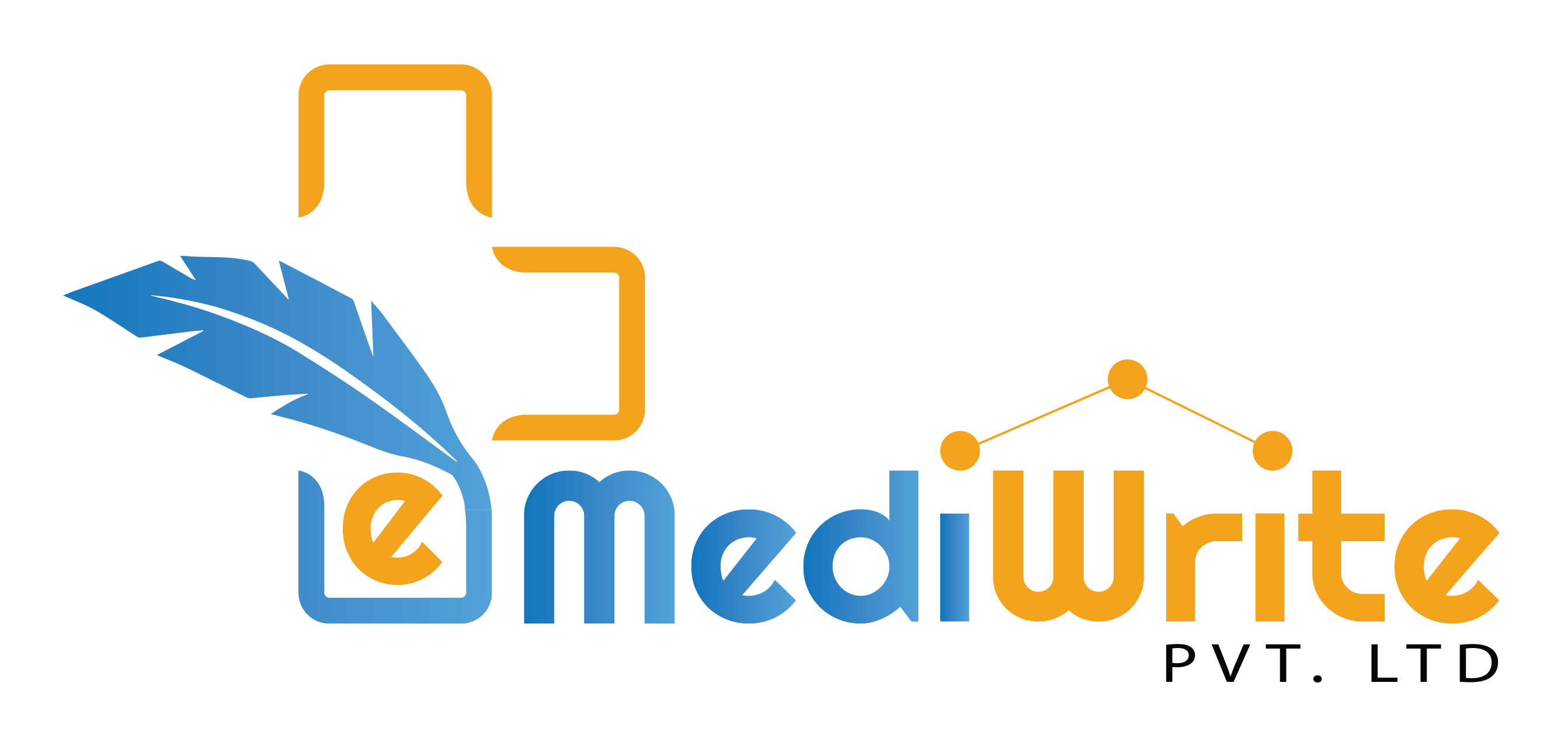Knowledge marketing is a crucial method for influencing doctors’ prescription practises in the pharmaceutical business.
Pharma marketers employ various knowledge marketing strategies and initiatives with the goal of influencing HCPs’ prescribing behaviour.
These consist of:
- Programmes for continuing medical education (CME), both online and offline.
- E-detailing, or physical LBLs in which a medical representative uses an online platform, or print input respectively to detail a pharmaceutical product to a doctor.
- To debate the most recent medical developments and the use of pharmaceutical goods, round table discussions bring together a group of medical professionals, specialists, and key opinion leaders.
- Advertisements in medical journals contain details on the most recent pharmaceutical goods, clinical trials, and other medical data.
- The pharmaceutical sector is using email marketing more and more as a knowledge marketing technique.
Pharmaceutical marketers typically don’t spend enough on patient education. However, HCPs increasingly favour pharmaceutical firms that place a greater emphasis on patient interaction and education.
In various ways, patient education may be extremely influential in how doctors prescribe:
- Communication is improved: The use of patient education materials can help patients and clinicians communicate better, which can result in more informed conversations about available treatments.
- Empowering the patient: Knowledgeable patients are better able to participate actively in their treatment and pose thoughtful inquiries.
- Better compliance: Patients who are informed about their medical issues and treatment plans are more likely to comply with their prescription regimens, improving health outcomes.
- Reduced healthcare expenses: By assisting patients in avoiding pointless procedures and treatments, patient education can result in lower healthcare expenditures.
By enhancing patient empowerment, lowering healthcare costs, and boosting adherence, patient education can significantly affect how doctors prescribe. Doctors may be more inclined to recommend medications and therapies that may effectively improve patient outcomes if patients are given educational information and tools.





